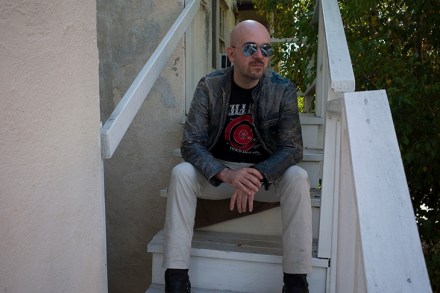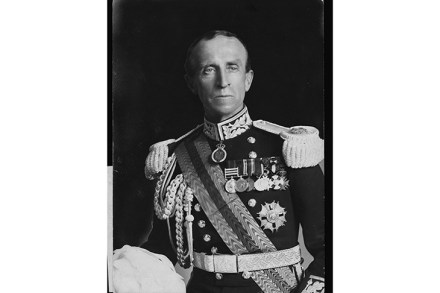To hell in a handcart
An immortal faery queen from a magical gynocratic island arrives in Los Angeles to track down her missing daughter. This is actually the entire plot of a novel entitled Only Americans Burn in Hell. Of course, as in Jarett Kobek’s previous book, I Hate the Internet, the fictional element is a foil, with most of





















